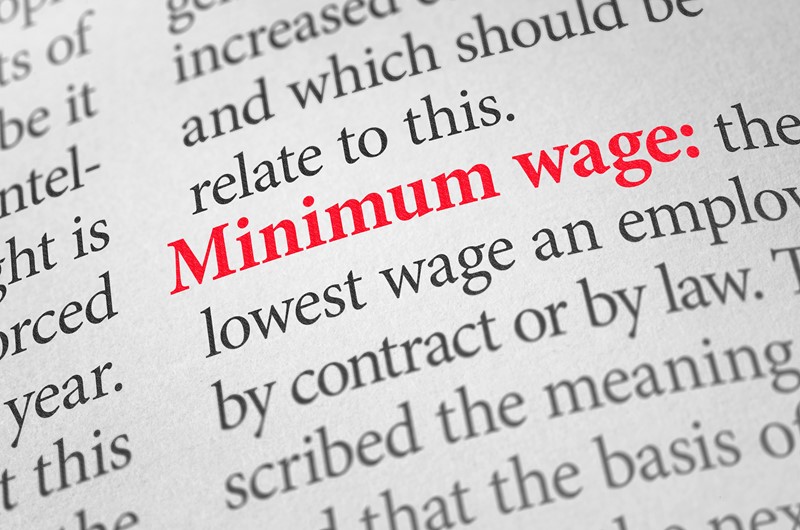Employers must ensure they are paying staff at least the National Minimum Wage (NMW) or National Living Wage (NLW). The NMW and the NLW are the minimum legal amounts that employers must pay their workers. The latest NMW and NLW rates took effect on 1 April 2025. The current hourly rate for the NLW is £12.21. For those aged 18 to 20, the NMW is £10.00 per hour. Workers aged 16 to 17 and apprentices are entitled to £7.55 per hour.
The minimum wage is calculated as an hourly rate, but it applies to all eligible workers however they are paid. This means that even if someone is paid an annual salary, and it is paid by the piece or in other ways, they must still calculate their equivalent hourly rate to check whether they are receiving at least the minimum wage.
To do this correctly, it is also important to understand what counts as working time under NMW rules.
According to HMRC guidance, for all types of work, this includes time spent:
- at work and required to be working, or on standby near the workplace (but do not include rest breaks that are taken);
- not working because of machine breakdown, but kept at the workplace;
- waiting to collect goods, meet someone for work or start a job;
- travelling in connection with work, including travelling from one work assignment to another;
- training or travelling to training;
- at work and under certain work-related responsibilities even when workers are allowed to sleep (whether or not a place to sleep is provided).
Working time does not include time spent:
- travelling between home and work;
- away from work on rest breaks, holidays, sick leave or maternity leave;
- on industrial action; and
- not working but at the workplace or available for work at or near the workplace during a time when workers are allowed to sleep (and you provide a place to sleep).


